Researchers from MIT want to use a massive, powerfull laser, shoot it into outer space in an attempt to attract aliens to Earth.


The term AI Art refers to artwork created by computers and algorithms. AI Art is not theft as it does not involve taking or copying someone else’s work without permission. AI Art is an entirely new form of creativity that involves the use of artificial intelligence to create unique and original works of art.
▼ Link(s) From Today’s Video:
✩ How diffusion models work: https://scale.com/guides/diffusion-models-guide#what-are-diffusion-models?
✩ Anti AI Art Gofundme: https://www.gofundme.com/f/protecting-artists-from-ai-techno…e=customer.
► MattVidPro Website: https://MattVidPro.com.
► MattVidPro Discord: https://discord.gg/bQgcbjs2Sg.
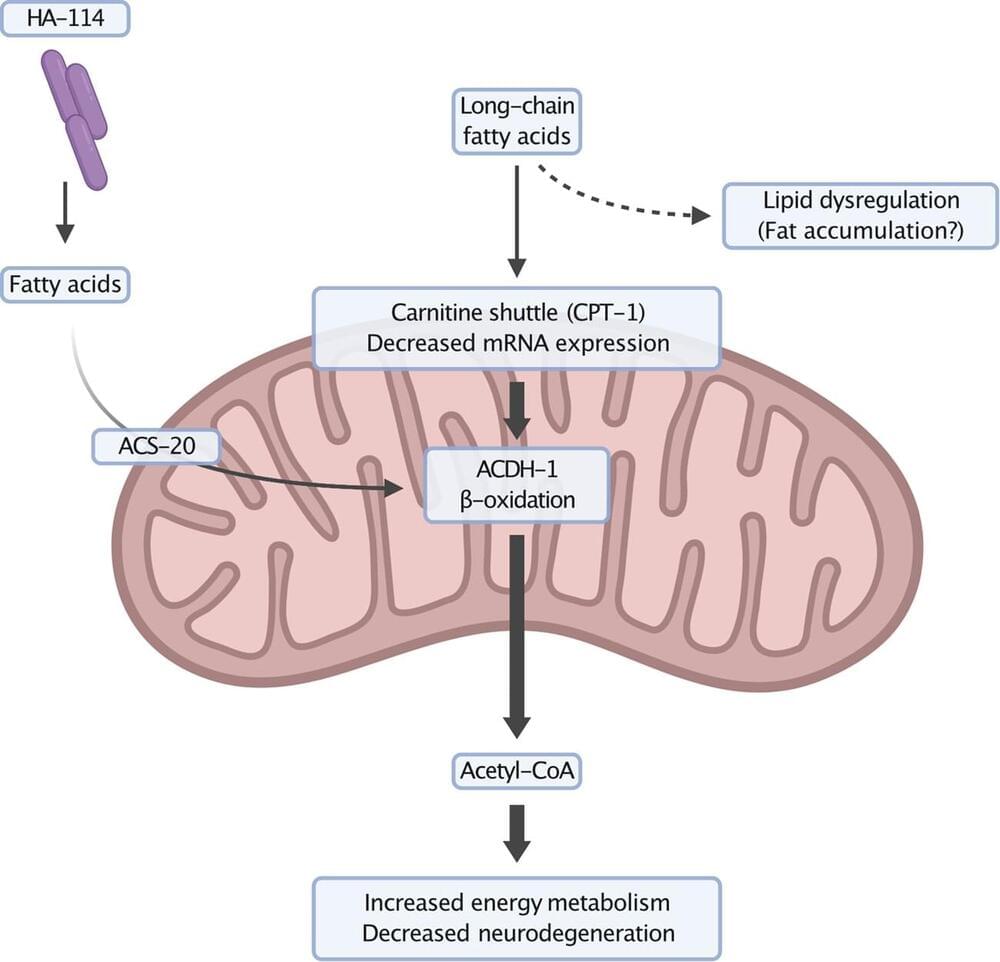
A probiotic bacterium called Lacticaseibacillus rhamnosus HA-114 prevents neurodegeneration in the C. elegans worm, an animal model used to study amyotrophic lateral sclerosis (ALS).
That’s the finding of a new study at Canada’s CHUM Research Center (CRCHUM) led by Université de Montréal neuroscience professor Alex Parker and published in the journal Communications Biology.
He and his team suggest that the disruption of lipid metabolism contributes to this cerebral degeneration, and show that the neuroprotection provided by HA-114, a non-commercial probiotic, is unique compared to other strains of the same bacterial family tested.
Austin, Texas-based 3D printing construction company ICON has gotten some pretty significant projects off the ground in recent years, from a 50-home development in Mexico to a 100-home neighborhood in Texas. This week the company won a NASA contract that will help it get an even bigger project much further off the ground—all the way to the moon, in fact.
The $57.2 million contract is intended to help ICON develop technologies for building infrastructure on the moon, like landing pads, houses, and roads. The goal is for ICON to build these lunar structures using local material—that is, moon houses built out of moon dust and moon rocks.
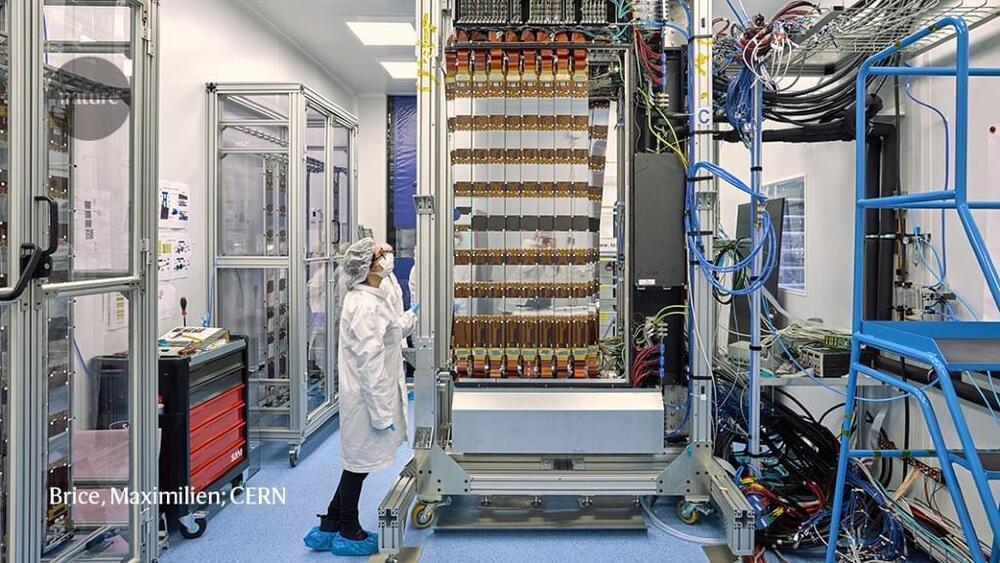
“My first impression is that the analysis is much more robust than before,” says Florencia Canelli, an experimental particle physicist at the University of Zurich in Switzerland who is a senior member of a separate LHC experiment. It has revealed how a number of surprising subtleties had conspired to produce an apparent anomaly, she says.
Renato Quagliani, an LHCb physicist at the Swiss Federal Polytechnic Institute (EPFL) in Lausanne, reported the results at CERN on 20 December, in a seminar that also attracted more than 700 viewers online. The LHCb collaboration also posted two preprints on the arXiv repository1,2.
LHCb first reported a tenuous discrepancy in the production of muons and electrons in 2014. When collisions of protons produced massive particles called B mesons, these quickly decayed. The most frequent decay pattern produced another type of meson, called a kaon, plus pairs of particles and their antiparticles — either an electron and a positron or a muon and an antimuon. The standard model predicted that the two types of pairs should occur with roughly the same frequency, but LHCb data suggested that the electron-positron pairs occurred more often.
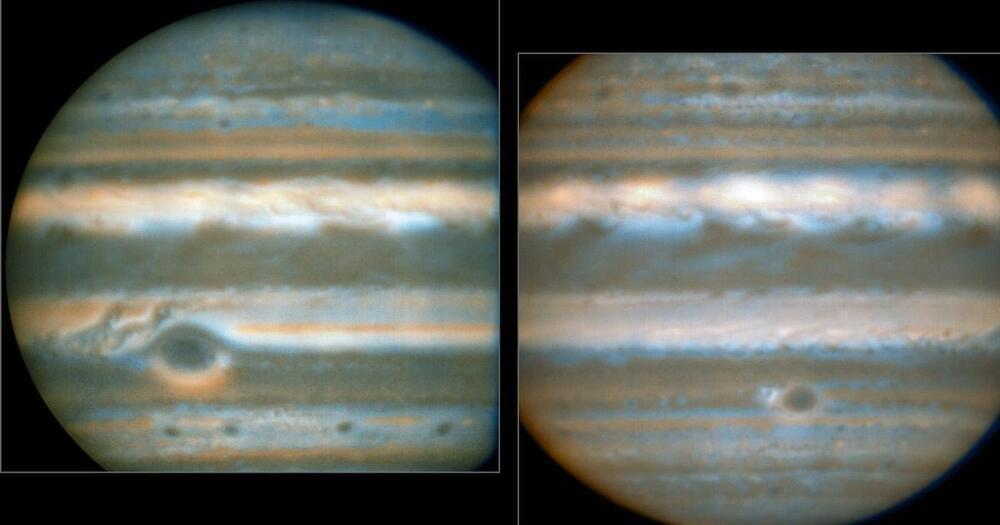

Year 2019 face_with_colon_three
Zeppelins, the rigid airships most famously epitomized by the Hindenburg, now seem kind of retro, rather than the image of futurity they represented in the 1930s. But they could be about to make a comeback in a big way — courtesy of a new aluminum-shelled, solar-powered airship that’s being built by the U.K.-based company Varialift Airships.
According to the company’s CEO Alan Handley, the airship will be capable of making a transatlantic flight from the United Kingdom to the United States, consuming just 8% of the fuel of a regular airplane. It will be powered by a pair of solar-powered engines and two conventional jet engines.
While its lack of onboard battery would limit travel to daylight hours, and its speed will only be approximately half that of a Boeing 747, the Varialift airship does promise to be a useful cargo carrier. Its creators claim that it will be able to carry loads ranging from 50 to 250 tons. Larger models with payloads up to 3,000 tons aren’t out of the question either. Bulky cargo such as electricity pylons, wind turbine blades, and towers, or even prefabricated structures such as oil rigs could be carried underneath using cables. That means that cargo will have a weight limit, but no practical size limit.
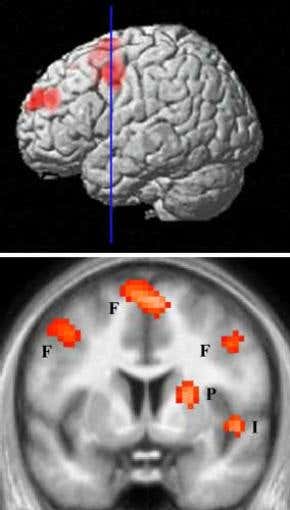
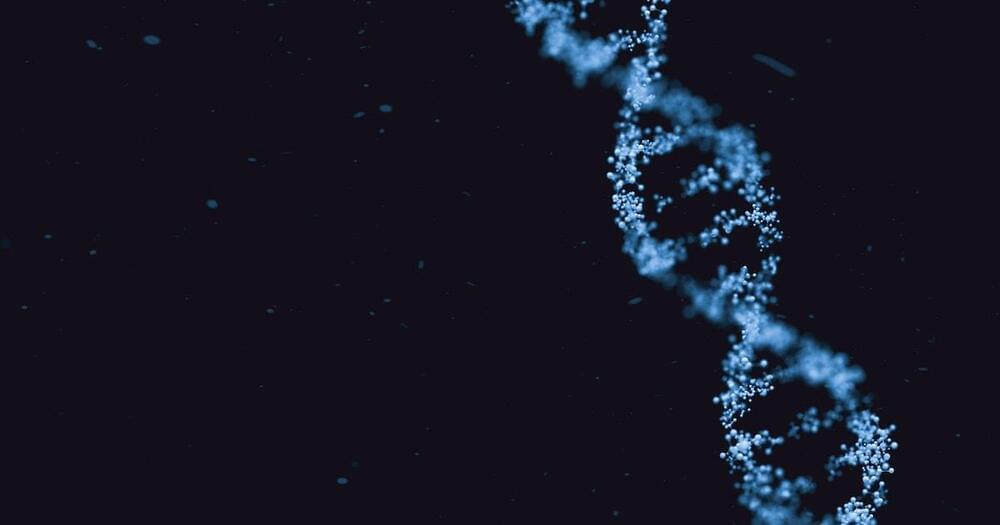
But even junk has hidden treasures. Studies found variations in these unsequenced regions were intricately involved in human health, from aging to conditions like cancer and developmental disorders like autism. In 2022, a landmark study finally resolved the genomic unknown, completely sequencing the remaining eight percent of undeciphered DNA remaining.
Now, scientists are discovering that some genetic sequences encode proteins that lack any obvious ancestors, what geneticists call orphan genes. Some of these orphan genes, the researchers surmise, arose spontaneously as we evolved, unlike others that we inherited from our primate ancestors. In a paper published Tuesday in the journal Cell Reports, researchers in Ireland and Greece found around 155 of these smaller versions of DNA sequences called open reading frames (or ORF) make microproteins potentially important to a healthy cell’s growth or connected to an assortment of ailments like muscular dystrophy and retinitis pigmentosa, a rare genetic disease affecting the eyes.
“This is, I think, the first study looking at the specific evolutionary origins of these small ORFs and their microproteins,” Nikolaos Vakirlis, a scientist at the Biomedical Sciences Research Center “Alexander Fleming” in Greece and first author of the paper, tells Inverse. It’s an origin, he says, that’s been mired in much question and mystery.
